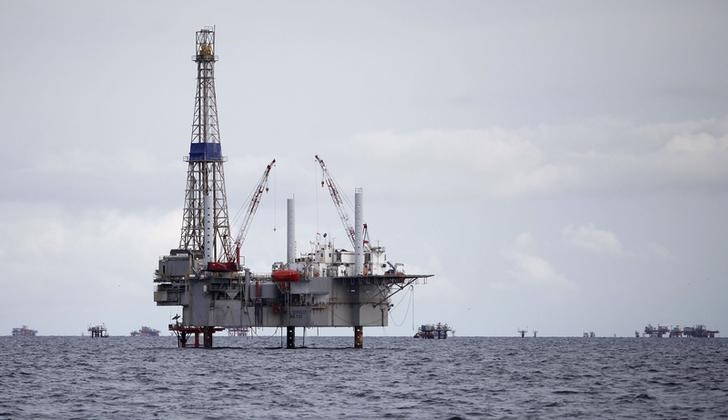Oil prices dip on mixed US inventories; demand fears persist
Oil prices fell in Asian trade on Wednesday after a mixed reading on U.S. inventories, with persistent concerns over slowing economic growth and weak demand keeping prices under pressure.
Focus also remained on any new developments in the Israel-Hamas war, with Hamas set to potentially retaliate against Israel over the killing of its leader last week. Fears of a broader conflict in the region offered some support to crude in recent sessions.
Brent oil futures expiring in October fell 0.5% to $76.13 a barrel, while West Texas Intermediate crude futures fell 0.4% to $75.70 a barrel by 21:12 ET (01:12 GMT). US inventories grow less than expected- API
Data from the American Petroleum Institute showed that U.S. oil inventories grew by 180,000 barrels in the week to August 2, less than expectations for a build of 850,000 barrels.
But gasoline stockpiles rose by 3.3 million barrels while distillates grew 1.2 million barrels.
The build in product inventories signaled that travel demand was cooling as the summer season came to an end. While increased travel during the summer season had spurred strong fuel demand, this trend was now likely to reverse.
The API data usually heralds a similar reading from official inventory data , which is due later on Wednesday. Demand, recession fears rattle oil markets
Oil prices were nursing a slump to near seven-month lows this week amid growing concerns that a U.S. recession will dent oil demand in the coming months.
A slew of weak labor data and purchasing managers index readings from the U.S. furthered this notion over the past week, sparking a rout in most commodity markets.
Oil was already grappling with a weak outlook on demand, amid growing expectations for a market surplus by 2025.
A recent meeting of the Organization of Petroleum Exporting Countries did little to buoy crude, as the cartel signaled no changes to production despite weakness in prices. But top producers Saudi Arabia and Russia did further downplay plans to increase production later this year.
Oil was kept above seven-month lows by some elements of risk premium in the market, as traders feared that an all-out war in the Middle East could disrupt supplies. Israel largely maintained its offensive against Gaza, with potential retaliation from Iran, Hamas and Hezbollah in focus.
Source: Investing.com
